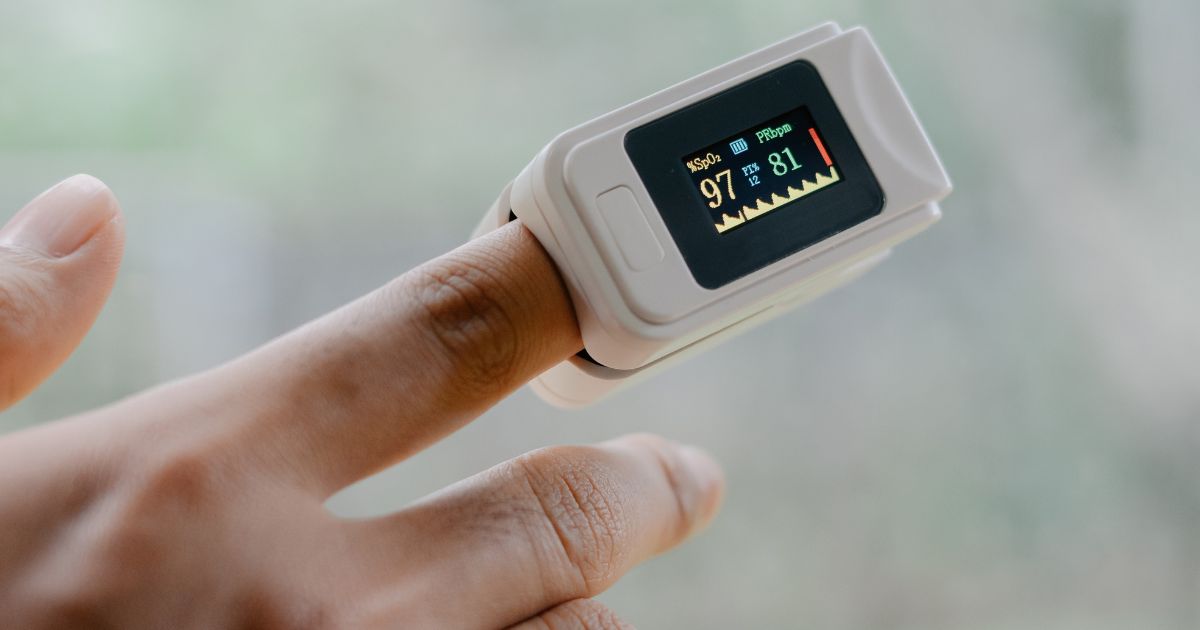Do You Need a Pulse Oximeter in Your Home?
Medical equipment can help us stay healthy and allow us to better monitor our bodies when we?re sick. However, most people don?t need a lot of specialized medical equipment, such as pulse oximeters. While pulse oximeters grew in popularity during the pandemic, only people with specific medical issues need to keep them around most of the time. Keep reading to learn whether you need a pulse oximeter in your home.
What Is a Pulse Oximeter?
Before you can examine whether you need a pulse oximeter, you need to understand what this device is and how it works. A pulse oximeter is a small electronic monitor that clips onto the end of a person?s finger. One side of the clip shines a light through the fingertip that the other side of the clip senses.
Depending on the amount of light the fingertip absorbs, the clip can sense how much oxygen is in the person?s blood and tell the person whether they?re in a healthy range. The device can read our blood oxygen saturation this way because the oxygen in our blood changes color. Different colors absorb different amounts of light.
When Do Professionals Use Pulse Oximeters?
Most medical offices attach a pulse oximeter to their patients when doing normal workups. This is so they can understand the normal oxygen absorption rate in the person?s body while they?re at rest. If it?s not in the normal range, they may want to run additional tests to detect underlying issues. Emergency services and hospitals also use pulse oximeters to determine whether low blood oxygenation is a contributing factor in why a person needs immediate medical attention.
Do You Need a Pulse Oximeter?
As we mentioned above, you probably don?t need a pulse oximeter in your home unless you have medical issues related to your body?s oxygenation level. For example, pulse oximeters can help people avoid the side effects of oxygen therapy, such as oxygen toxicity. People on oxygen therapy typically have a lung disease such as COPD.
Even if you don?t need oxygen therapy, you should have a pulse oximeter handy if you have a lung disease or a chronic illness that affects your breathing and blood oxygenation. This is so you can check on your health without needing the help of a professional and can inform health professionals if your blood oxygen levels are fluctuating.
Pulse oximeters are an important medical device for professionals and people with lung problems. However, most people don?t need to keep one in their homes. Resist buying these devices out of fear of another pandemic wave and leave them for the people who need them.







